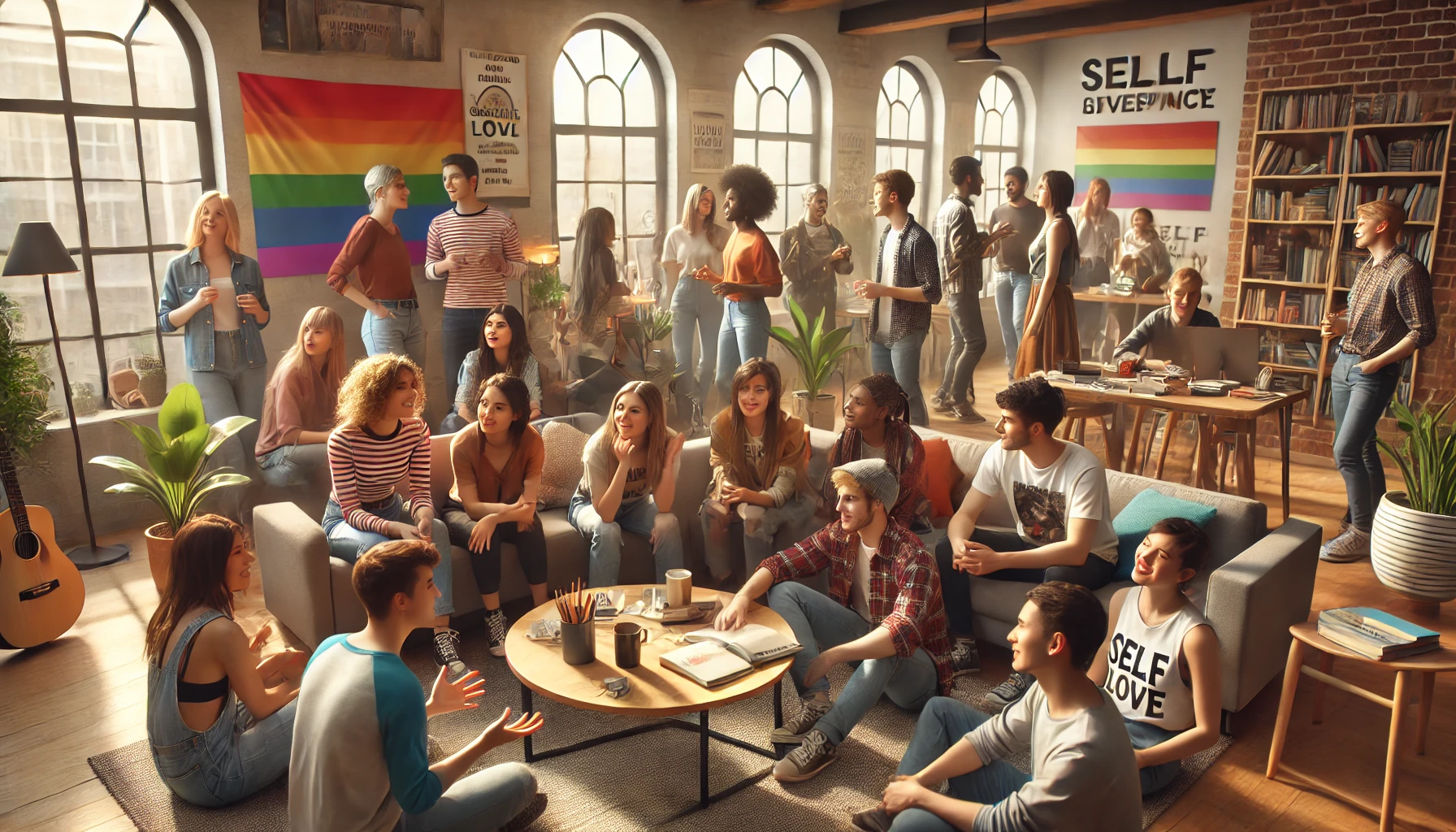Adolescence and early adulthood are phases marked by profound changes, including the discovery and understanding of one’s sexuality. This journey can bring questions, doubts, excitement, and growth—and it’s completely natural. Sexuality is an essential part of who you are, and exploring it is about much more than attraction—it’s also about identity, connection, and acceptance.
This article will help you approach this process with clarity, respect, and confidence.
What Sexuality Really Means
Sexuality is often misunderstood as a simple label, but it goes far beyond that. It’s a complex and personal aspect of human experience that includes:
- Who you’re attracted to emotionally, romantically, or physically.
- How you perceive your own gender and how you express it to the world.
- Your values, boundaries, and comfort levels in relationships and intimacy.
It’s important to understand that sexuality is a spectrum—not a fixed point. You may feel certain today and different tomorrow, and that’s completely okay.
The Role of Self-Discovery
Discovering who you are isn’t something that happens overnight. For many people, exploring their sexuality means asking meaningful questions such as:
- What kind of relationships do I want to have?
- Who makes me feel comfortable and valued?
- What kind of connection am I looking for?
Reading, watching inclusive stories, having open conversations, and journaling your thoughts are all great tools for self-discovery.
Why Representation and Diversity Matter
Seeing people like yourself—whether in media, books, or your community—can have a powerful impact. Representation allows individuals to feel validated, seen, and less alone. It shows that:
- There is no “normal” when it comes to sexuality.
- Being different is not wrong—it’s beautifully human.
- Everyone deserves respect, no matter their orientation or identity.
Diversity isn’t about fitting in—it’s about being free to stand out without fear.
Creating Safe Spaces for Expression
A safe space is anywhere you can be yourself without fear of judgment or rejection. It might be:
- A trusted friend or family member
- An LGBTQ+ support group or community center
- Online communities where people share their stories and support each other
Finding or creating these spaces can make a huge difference in how secure and confident you feel.
Being an Ally to Others
Even if you’re not questioning your own sexuality, you can support those who are. Here’s how:
- Listen with empathy—not judgment.
- Use inclusive language, including the correct names and pronouns.
- Speak up against discrimination, when it’s safe to do so.
- Respect boundaries and let people define themselves in their own time.
Your support could mean more than you realize to someone who’s struggling to feel accepted.
Navigating Confusion and Challenges
It’s normal to feel unsure, especially if your identity doesn’t fit into traditional boxes. You may also face misinformation, stereotypes, or lack of support. In those moments:
- Give yourself grace. You don’t have to have all the answers.
- Seek reliable resources and supportive communities.
- Remember that you don’t owe anyone an explanation about who you are.
Growth takes time, and self-acceptance is a process. You are allowed to evolve.
Final Thoughts: Your Identity is Valid
Whether you’ve known your orientation for years or you’re just starting to explore, your identity is valid. You are not defined by labels, and you don’t need to rush or compare your path to anyone else’s.
There is strength in being yourself—even when the world doesn’t fully understand. You deserve love, respect, and the freedom to grow into the person you truly are.
